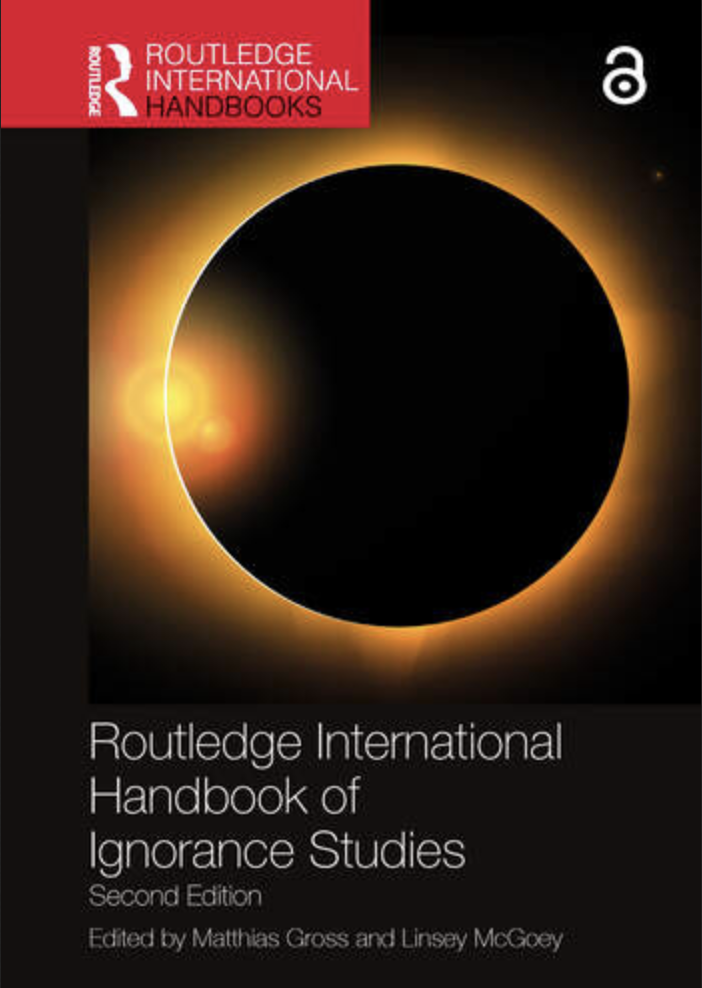Researchers from the NEGATE project were invited to contribute Routledge International Handbook of Ignorance Studies to write one chapter about ignorance in political decision-making during the corona pandemic.
The NEGATe project was already halfway through when the corona crisis hit. In a way, the crisis created a favourable momentum for addressing issues of nonknowing in politics, which are easily kept outside of the public attention in normal circumstances. Modern societies are increasingly building their decision-making systems and national security on predictive analytics, artificial intelligence and automation but they were completely confused about one virus that the arrival of which could not be predicted with instrument clusters or stopped by regulations.
In illustrating our discussion with actions taken by press conferences of the Finnish government, we analysed how non-knowledge became an inevitable component of political decisions in the early state of crisis situations. We perceived that the Finnish government largely legitimated its decisions not only based on scientific knowledge but rather the temporality of nonknowing.
In analysing our research data, open coding produced a total of 140 codes for knowledge (with 1,369 utterances) and 40 codes (with 344 utterances) for nonknowledge. We also noticed that ignorance and nonknowing crop up in both the decision-making process and in pandemic prevention communication directed towards the citizens.
Despite the fact that we do not have sufficient comparative data, it can be stated that the Finnish government’s way of dealing with ignorance was exceptional compared to the actions of previous Finnish governments or governments in many other countries. Although the pandemic is not over yet, we can say that many decision-makers failed in managing their nonknowledge. Despite massive efforts to manage risks and calculate probabilities in society, many societies are underdeveloped their ability to deal with ignorance and nonknowledge.
Parviainen, J. Koski, A., & Alanen, P. (2022). Tackling the Corona pandemic: Managing nonknowledge in political decision-making. In M. Gross & L. McGoey (eds.), Routledge international handbook of ignorance studies (2nd edn) (pp. 211–220). London: Routledge.

